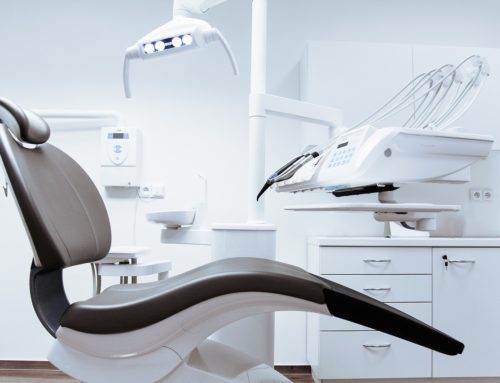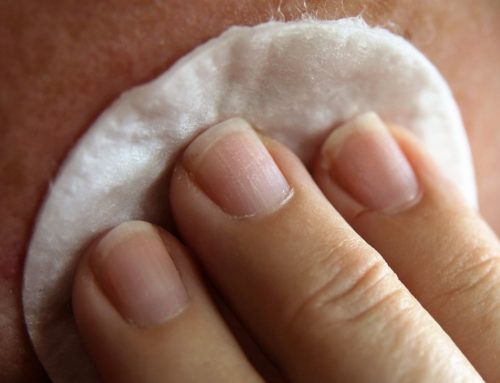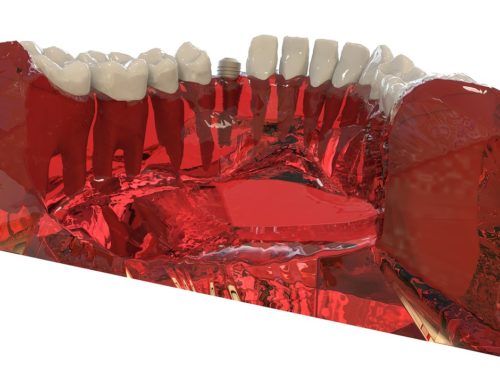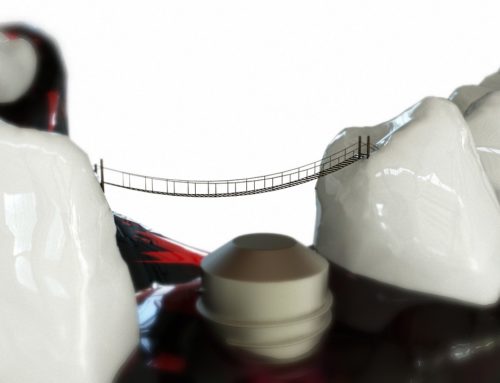Cancer treatments have many implications for patients, including oral issues and hair loss. As a Philadelphia hair replacement and transplant expert, as well as dental health expert, I am quite familiar with these side effects. Fortunately, after their treatment ends, many cancer patients recover from the side effects, including hair loss.
While most of us are familiar with the hair loss side effects of cancer treatment (no surprise given how apparent they are), we tend to be less familiar with the oral complications, which are potentially more serious. Those complications can severely diminish quality of life and may actually interfere with the cancer treatments themselves.
How Does Chemotherapy Affect the Mouth?
Chemotherapy kills cancer cells, but may also harm normal cells, including in the mouth. Head and neck radiation, chemotherapy, and blood and marrow transplantation may cause problems ranging from dry mouth to life-threatening infections. Side effects are different for different people, depending on their chemotherapy treatments and how their bodies react to them.
During cancer treatments, side effects on the mouth may include:
• Painful mouth and gums
• Dry mouth
• Burning, peeling, or swelling tongue
• Oral infection
• Change in taste
These side effects can be serious as well as painful, making it hard to eat, talk, and swallow. Patients are also more prone to infection. If the side effects are severe enough, doctors may need cut back on cancer treatments or even stop them.
How Can a Dentist Help?
After reading these side effects of cancer treatments, you may not be surprised to hear my recommendation that any cancer patient should visit a dental health professional as a critical step in his or her treatment regimen. It is especially beneficial to see a dentist before cancer treatment begins to help prevent serious oral issues.
Side effects may occur because mouths are not healthy prior to chemotherapy. While not all mouth problems can be avoided, with fewer side effects, patients are more likely to stay on their cancer treatment schedules. In addition to maintaining oral hygiene and addressing other mouth issues, dental health professionals can also show patients how to take care of their mouths to prevent side effects.
Among the strategies patients might employ are:
1. Keeping a moist mouth by drinking water regularly, sucking on ice chips, and chewing sugarless gum or sucking on a hard candy. A saliva substitute may also be helpful.
2. Eating foods that are good for you, and easy to chew and swallow. Avoid sharp, crunchy, spicy, acidic, and sugary foods.
3. Practice good dental hygiene by brushing teeth, gums, and tongue with an extra-soft toothbrush after every meal and at bedtime. If brushing is painful, soften the bristles in warm water. Floss daily, but avoid areas that are bleeding and sore. Also, rinse your mouth in warm salt-water with baking soda to help with disinfection.
Keep in mind that dentures that do not fit well may cause problems. If you are having a problem with your dentures, please come visit me so we can discuss your options.
Schedule a consultation at Dr. Farole’s Facial Cosmetic Surgery Center in Bala Cynwyd, PA by giving us a call at (610) 668-3300 today.
Source
National Institute of Dental and Craniofacial Research






